A trade group representing Studio Ghibli and other Japanese companies, known as the Content Overseas Distribution Association (CODA), has issued a letter to OpenAI demanding the AI company stop using their content to train its Sora 2 video generator. CODA, which aims to promote the overseas development of Japanese content and take anti-piracy measures, suggested that OpenAI's opt-out system for copyright holders runs afoul of Japan's copyright-infringement laws. The organization claims that OpenAI's use of their content without permission is a form of copyright infringement.
According to sources, CODA's letter to OpenAI was sent on November 3, 2025, and it specifically mentioned that the AI company's use of their content to train Sora 2 is a violation of their rights. "We have been made aware of the fact that OpenAI is using our content to train its Sora 2 video generator without our permission," said a spokesperson for CODA. "This is a clear case of copyright infringement, and we demand that OpenAI stops using our content immediately."
The issue at hand is the use of AI-generated content, which raises questions about ownership and copyright. OpenAI's Sora 2 video generator uses a vast amount of data to create realistic videos, including copyrighted content from various sources. This has led to concerns among content creators and owners about the potential misuse of their work. "The use of AI-generated content without permission is a serious issue that affects not only the creators but also the entire industry," said a representative from Studio Ghibli.
Background context is essential to understanding the situation. CODA was established in 1988 to promote the overseas development of Japanese content and take anti-piracy measures. The organization has been working closely with Japanese content creators and owners to protect their rights and interests. In recent years, CODA has been monitoring the use of AI-generated content and its potential impact on the industry.
Experts in the field of AI and copyright law have weighed in on the issue. "The use of AI-generated content raises complex questions about ownership and copyright," said Dr. Emily Chen, a leading expert in AI law. "While AI-generated content can be a valuable tool for creators, it also poses significant risks to the rights of content owners." Dr. Chen emphasized the need for clear guidelines and regulations to address the issue.
The current status of the situation is that CODA has demanded that OpenAI stop using their content to train Sora 2. OpenAI has not yet responded to the letter, but it is expected to address the issue in the coming days. The implications of this situation are far-reaching, and it is likely to have a significant impact on the use of AI-generated content in the future.
In conclusion, the trade group representing Studio Ghibli and other Japanese companies has issued a letter to OpenAI demanding that the AI company stop using their content to train its Sora 2 video generator. The issue raises complex questions about ownership and copyright, and it is likely to have a significant impact on the use of AI-generated content in the future.
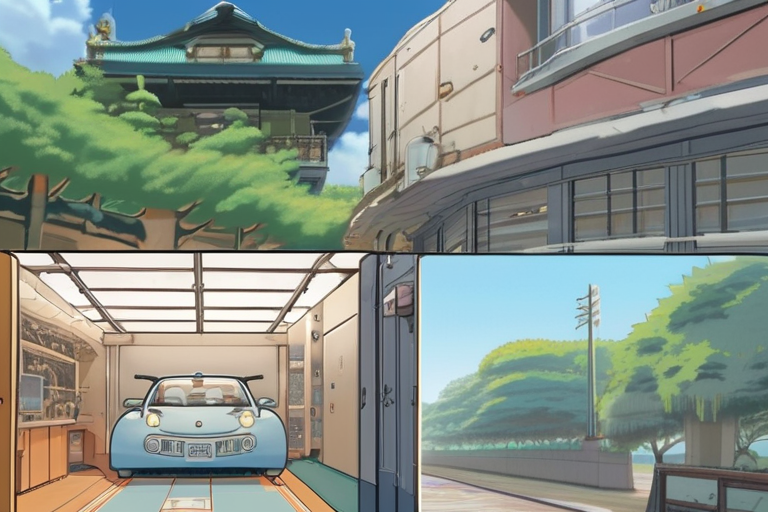


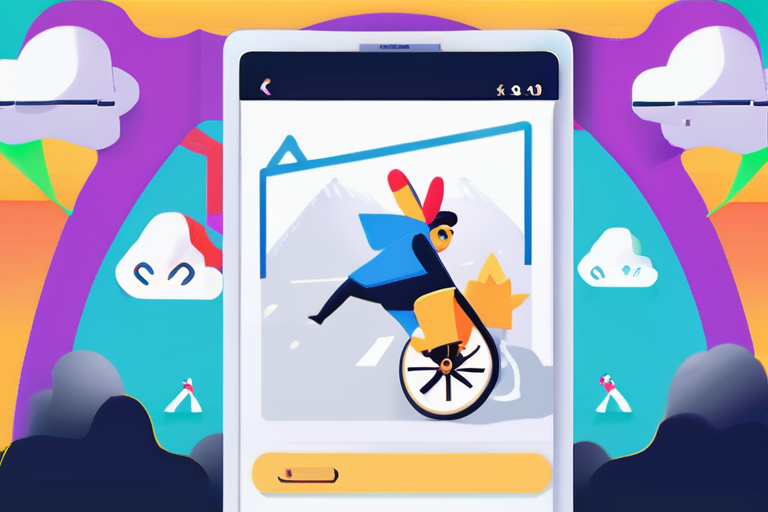
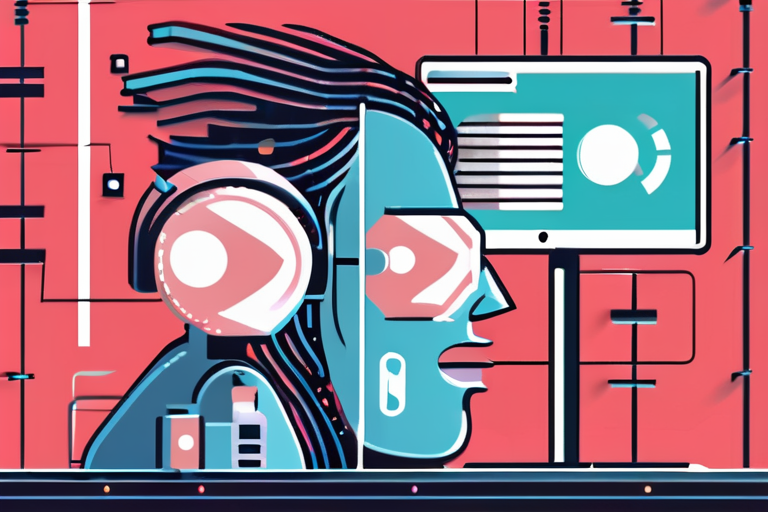

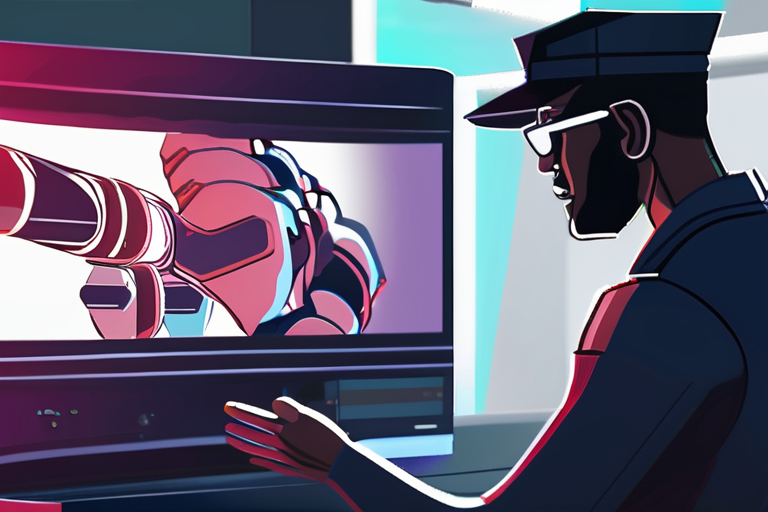

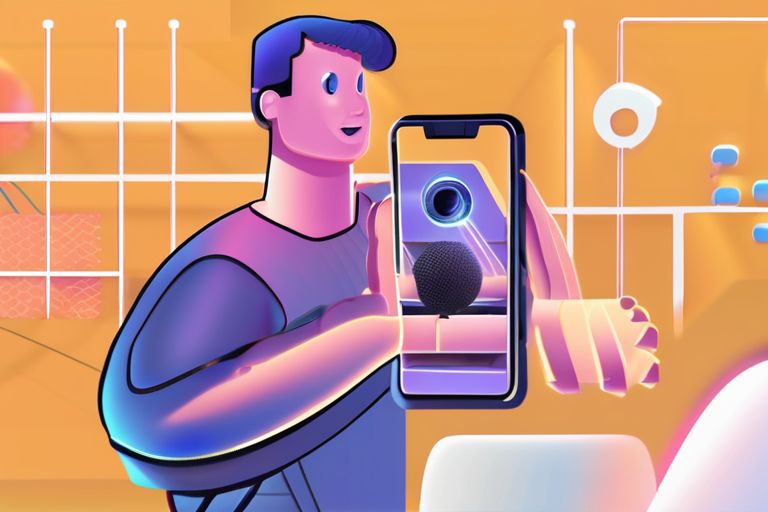
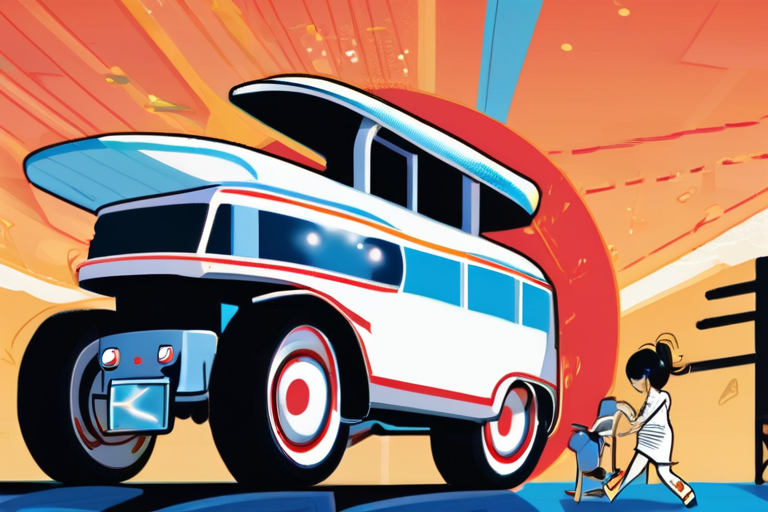
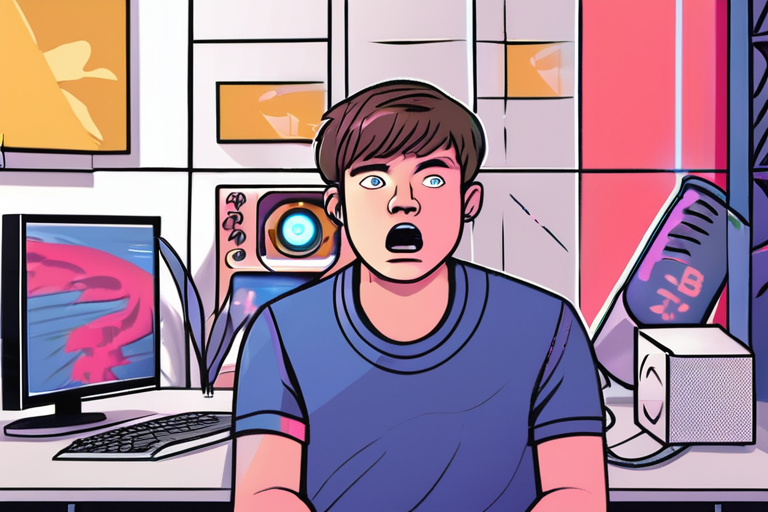
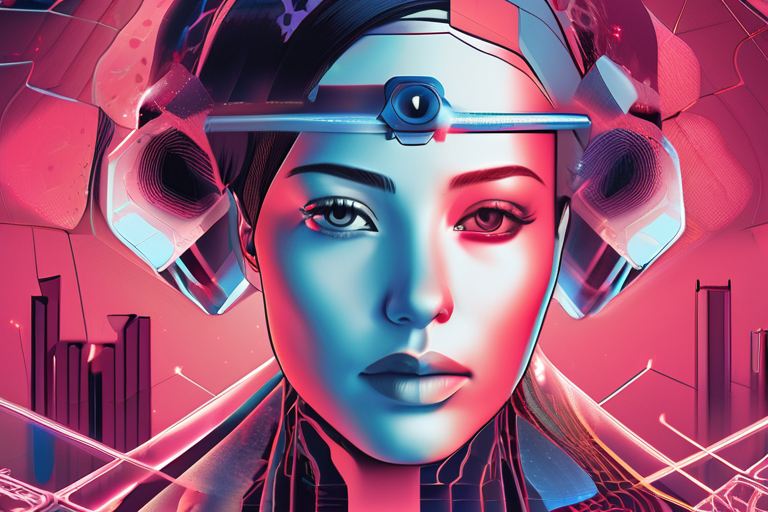
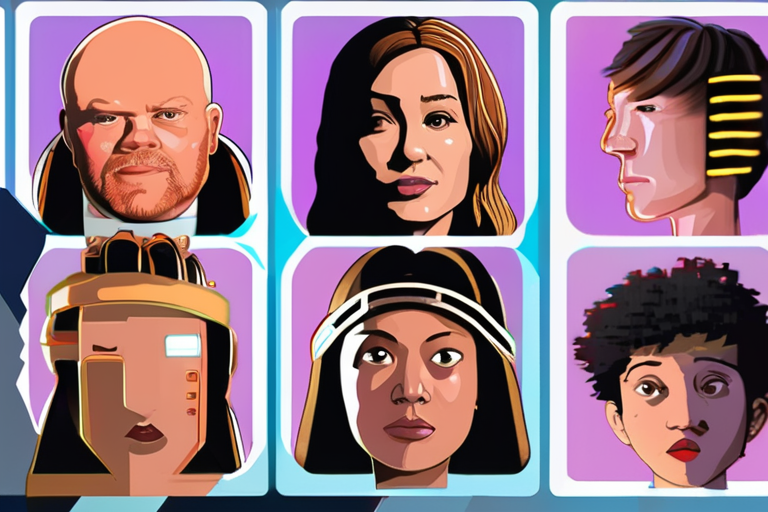
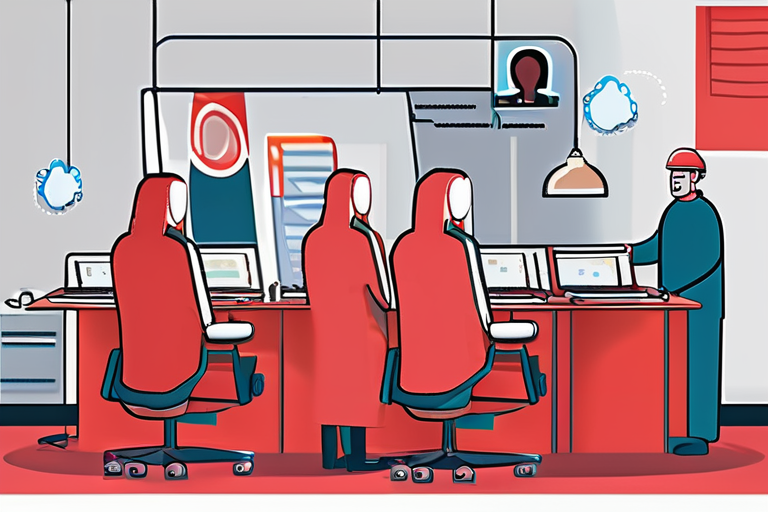

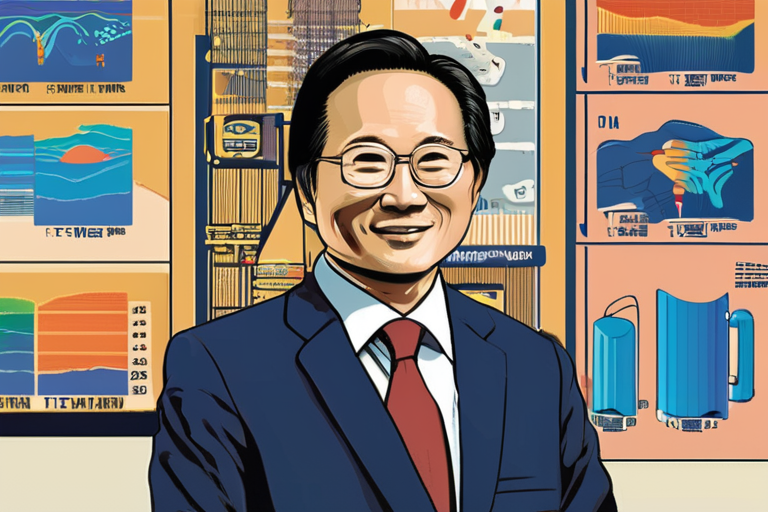
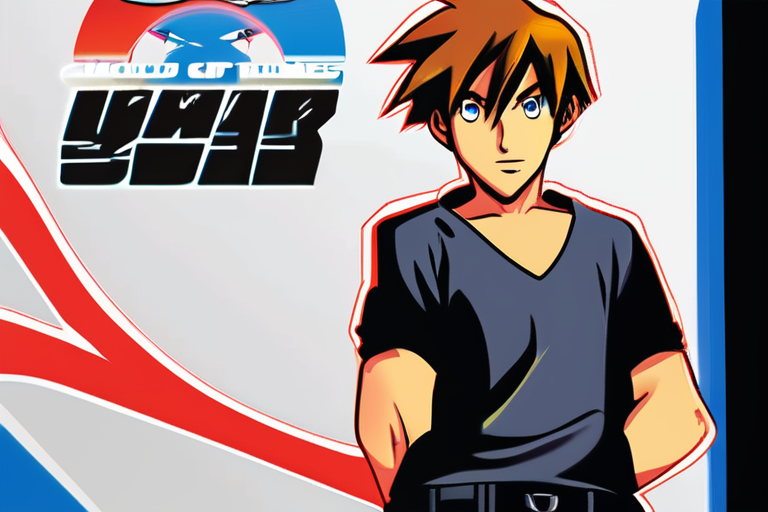
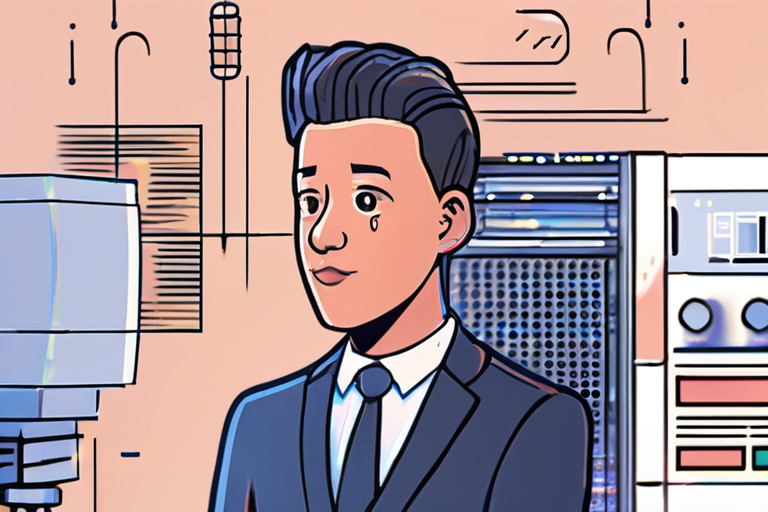
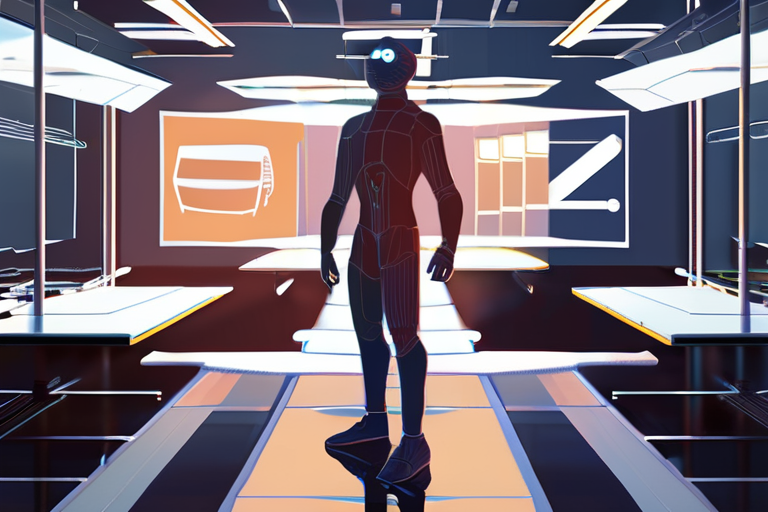
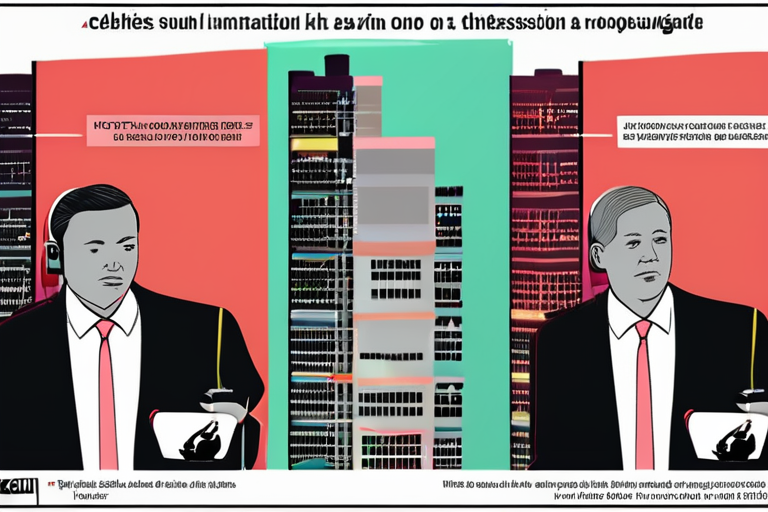
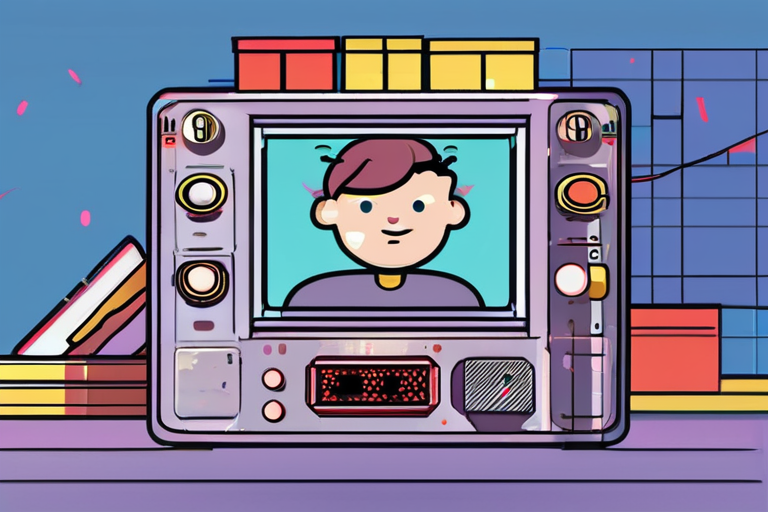
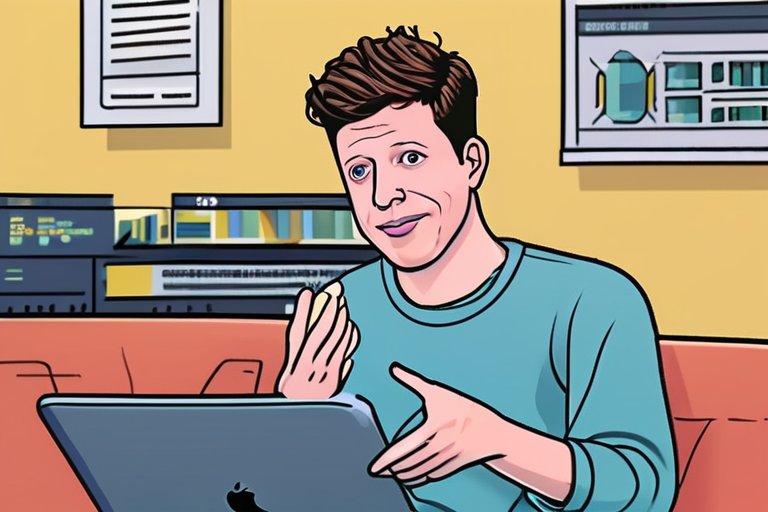
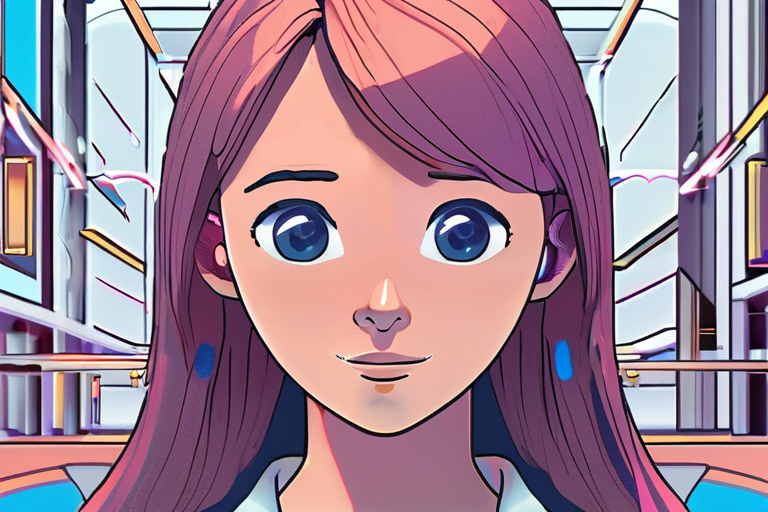
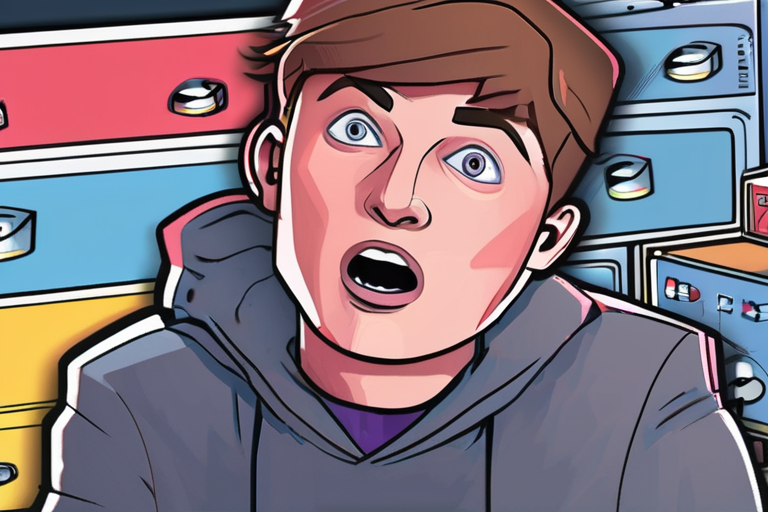
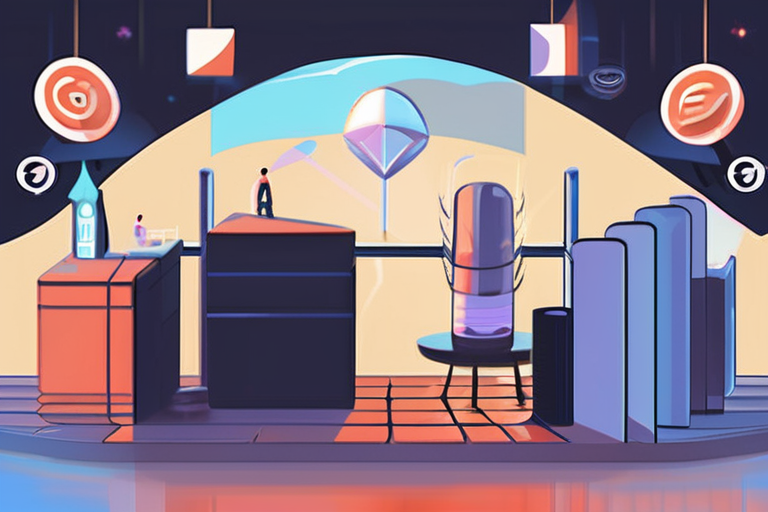
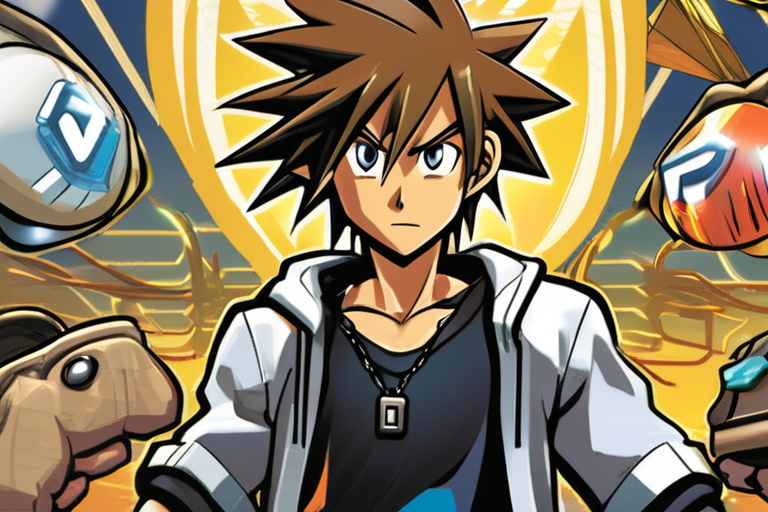
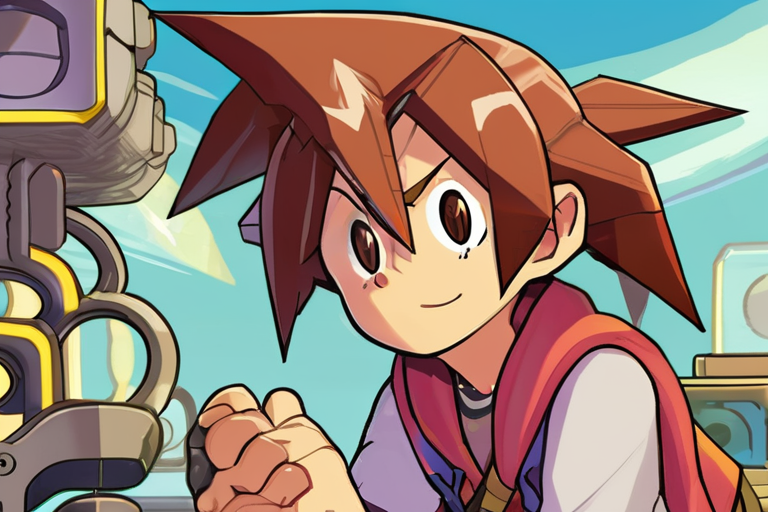
Share & Engage Share
Share this article